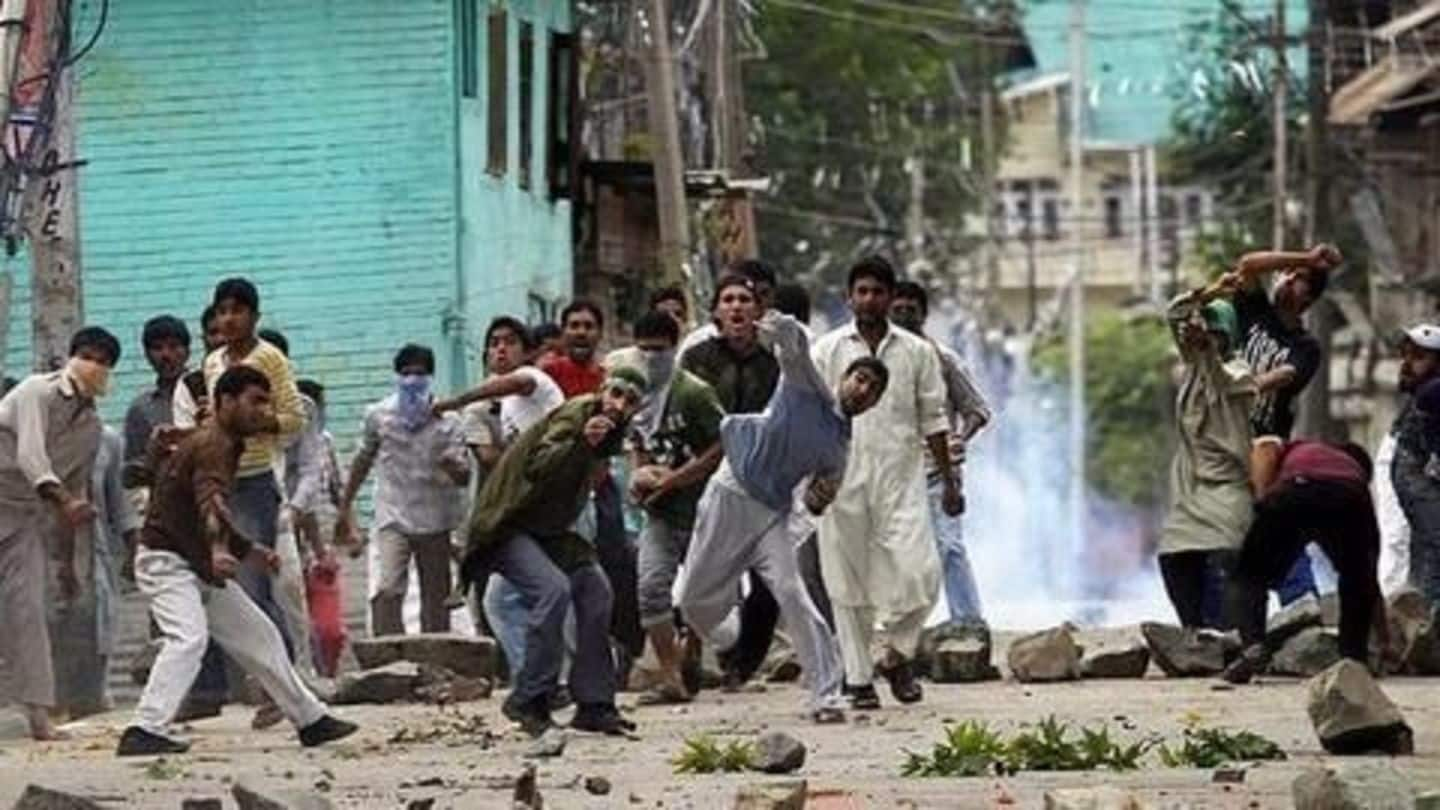
How has Kashmir changed in the last 25 years?
What's the story
There's tension and conflict in Kashmir. In the last few years, even before Burhan Wani's death, a wave of anti-India sentiment has spread. A significant factor behind the radicalization is the way the local mosques have changed. When a decade ago, most were following the moderate Hanafi/Barelvi Islam school of thought, today the radical Salafism/Wahhabism is in trend, locally known as Ahl-e-Hadith.
History
Ahl-e-Hadith was active in the separatist movement 10 years ago
The Ahl-e-Hadith played a major role in the separatist movement a decade ago. It was part of the Hurriyat Conference until 2003. It now shares acquaintance with the Tehreek-ul-Mujahideen, which is associated with the LeT. In fact, the number of Ahl-e-Hadith mosques and seminaries has nearly doubled in 27 years. Ahl-e-Hadith general secretary Dr Abdul Latif claims they now have a million followers.
Rise
The first signs emerged even before Burhan Wani's death
Before Wani's death, the seeds of radicalization had been sown. In 2015, Maulana Mushtaq Ahmad Veeri was already famous for his sermons praising IS and the Caliph Al Baghdadi. Muftis are now openly supporting terrorists calling for jihad. This isn't limited just to fundamentalists: Sarjan Barkati, a self-proclaimed Sufi, has been termed 'Pied Piper of Kashmir' and 'Freedom Chacha' for his radical speeches.
Spread
Wahhabi discourse spreading fast through mosques, literature, even the internet
Wahhabi discourses spread fast through literature, which has been distributed free since 30 years. Officials consider discourse on the internet is more dangerous than through mosques or literature. "Even if one Salafist preacher glorifies Wani or Musa and the clip is circulated, it has a dangerous multiplying effect," a police official said. Sizeable funding comes from diaspora in the Middle-East, said a Shia Kashmiri.
Information
Radicalization leading to gruesome attacks on 'non-conformists'
The wave of radicalization has led to violent attacks, one of the most recent ones being the lynching of deputy superintendent of police Ayub Pandith. Amid continuously strained Indo-Pakistan relations, the situation calls for a deeper analysis and fast resolution.